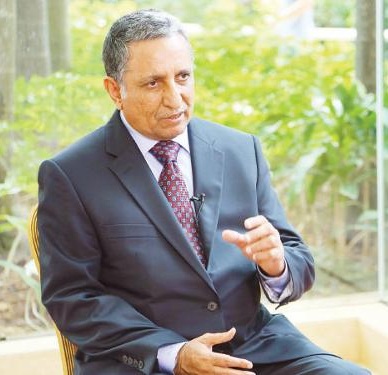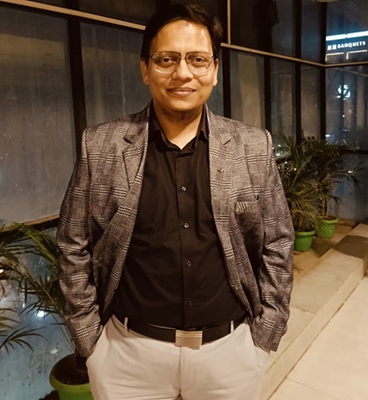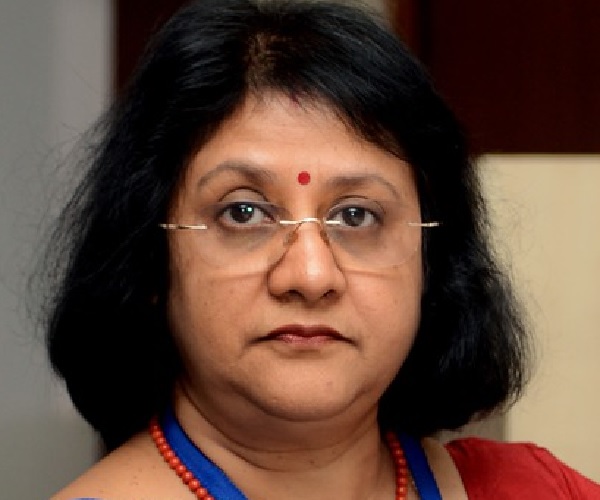BOAO, China – At the Boao Forum for Asia (BFA) Annual Conference 2014 which began Tuesday, the senior leadership of global petrochemical company, SABIC, led by Mohamed Al-Mady, Vice Chairman and CEO, will contribute their perspectives to multilateral discussions centered around this year’s theme “Asia’s New Future: Identifying New Growth Drivers”.

Mohamed Al-Mady, Vice Chairman & CEO, SABIC, at media interviews during the BFA Annual Conference 2014 in Boao, China.
Alongside heads of state, government officials and global industrial and business leaders at the annual conference held in Hainan, China, SABIC will work towards identifying and building national and business strategies around the trends that will drive growth across Asia and advance economic integration in the region.
A supporter of BFA for the sixth consecutive year, 2014 distinguishes SABIC as the first Strategic Partner in the Forum’s 13-year history. “Over the years, BFA has become a valuable forum where leaders of nations and business can discuss overarching and strategic issues concerning economic collaboration and integration in Asia, as well as the region’s role in the world community – SABIC is honored to be an integral part of this.”
“Indeed, SABIC shares many values with Asia. Our focus on relationships and on long-term success. Our passion for ingenuity and innovation. Our care for the environment and sustainable living – these shared values underpin our commitment to Asia,” added Al-Mady, also a member of the board of directors of BFA.
Asia’s role in the global economy is set to grow further as countries and communities develop a heightened awareness of shared goals of inclusive and sustainable growth.
Al-Mady said “Asia is witnessing several promising trends – first, the region as a whole has emerged from the 2008 global financial crisis stronger, and with a greater sense of common goals and understanding of its inter-dependencies particularly in terms of resources.”
“Second, China, through its new policies and reforms, which will underpin market economy developments, accelerate urbanization, increase innovation and promote sustainable, entrepreneurial growth, is making a successful transition from an investment-led growth model to an economy driven by domestic consumption and innovation. This will create region-wide opportunities for sustainable economic development and a growing market for differentiated products and applications across many industries, including transportation, construction, electronics, packaging and new energy.”
SABIC has had a longstanding commitment to being an inclusive growth partner with China and Asian countries. The region’s growth prospects and opportunities, with China as a key driver, are central to SABIC’s growth strategy and sustained investment in Asia.
Al-Mady put SABIC’s Asia roadmap into perspective, saying, “Our future and Asia’s future is interlinked just as the Middle East has for centuries had trade and cultural links with this part of the world. Asia is today our fastest growing market and it is this growth, and the potential for further growth, that has made it a strategic priority to increase our presence and collaboration in China and the wider Asian region as we pursue our vision to be the preferred world leader in chemicals.”
Operating in Asia since the 1980s, SABIC is committed to be a partner to China and the countries of Asia to support the drive to inclusive and sustainable growth. Today SABIC, a global leader in petrochemicals, contributes wherever it operates through investment, business and community partnerships and job creation. It has set up technology and innovation centers globally to bring its research closer to its markets, tapping on local talent to develop solutions tailor-made to in-country requirements.
In late 2013, SABIC opened two new innovation centers in Asia with a combined initial investment of $200 million – one in Shanghai, China and the other Bengaluru, India – bringing the total number of research facilities it has around the world to 18, of which five are in Asia. SABIC also partners local educational institutions to bring together the best of academic thinking and industry expertise in China. It recently signed a new agreement with partner, the Dalian Institute of Chemical Physics in China. These projects are part of SABIC’s broader strategy of developing next-generation innovative products and technologies rooted in sustainability to advance the industry, contribute to customers’ successes and drive the future of its business.





0 Comments